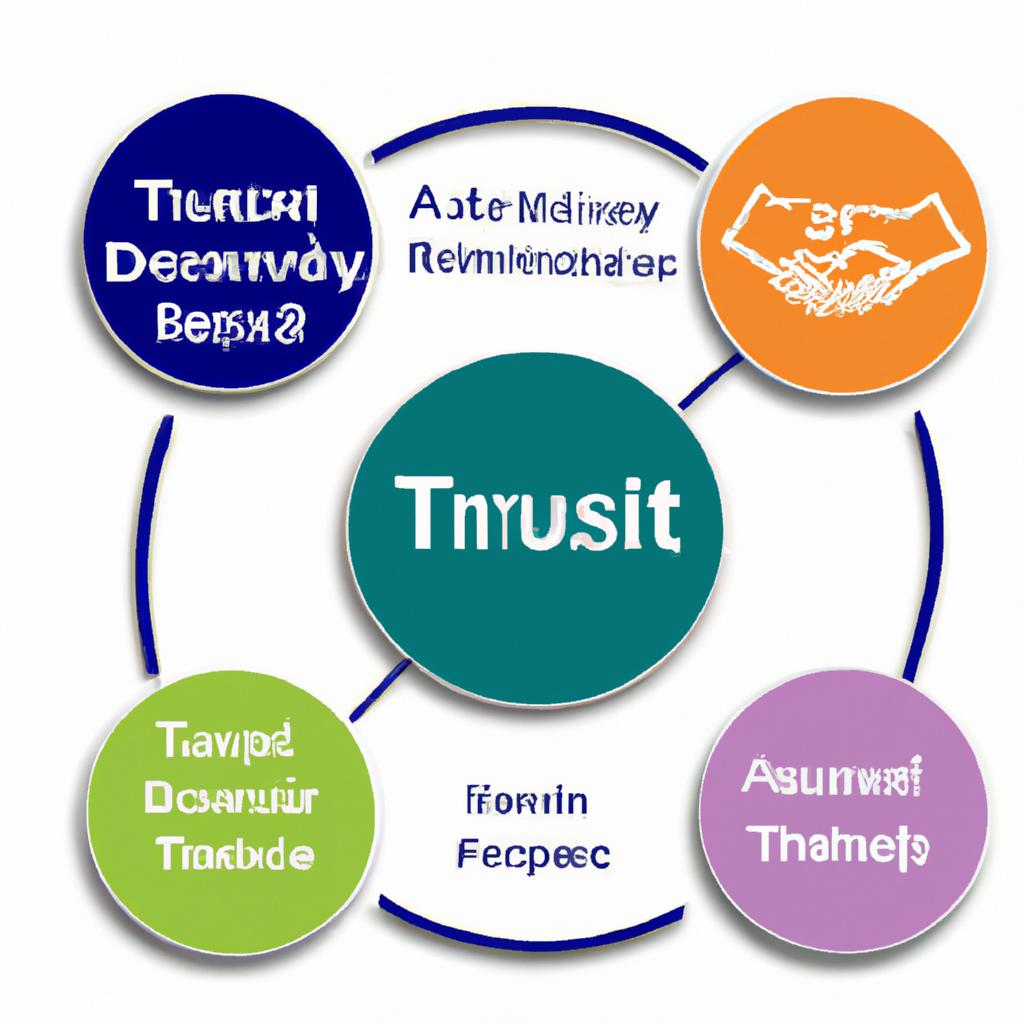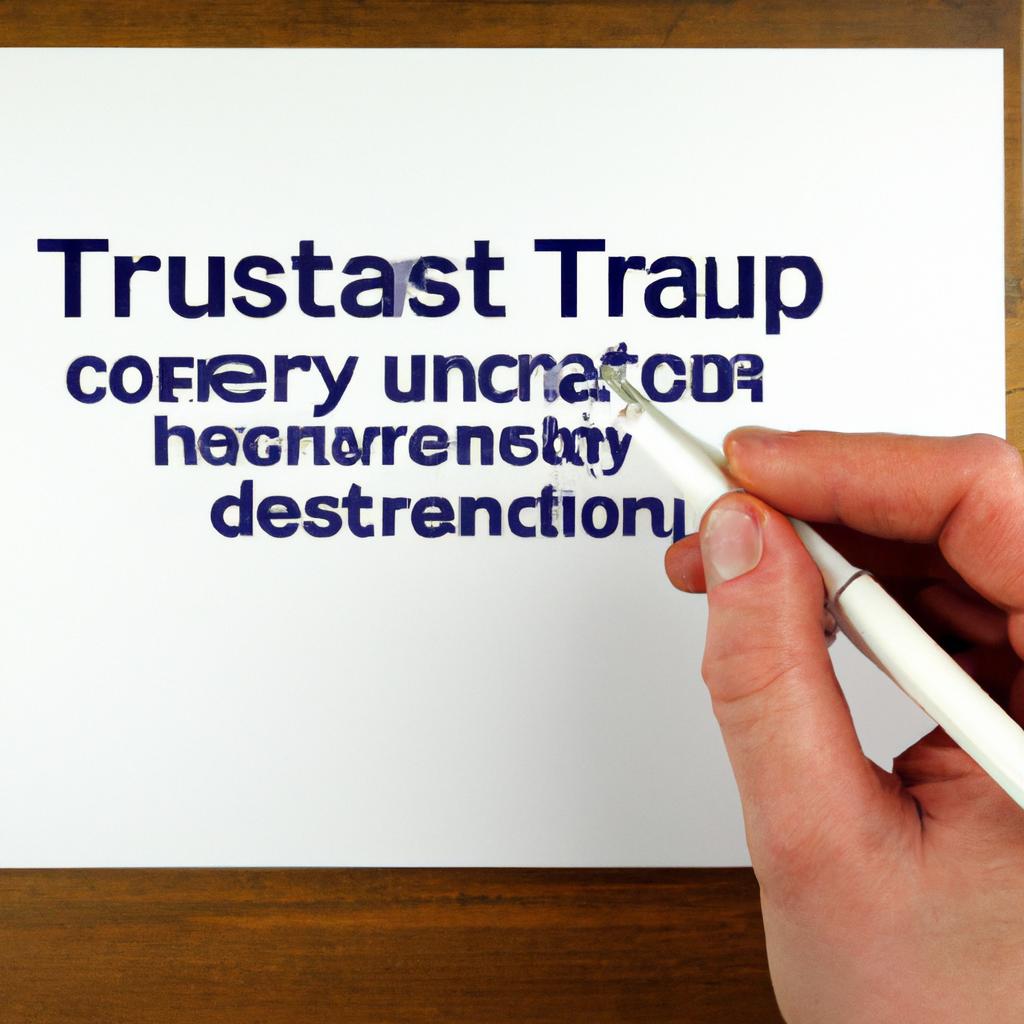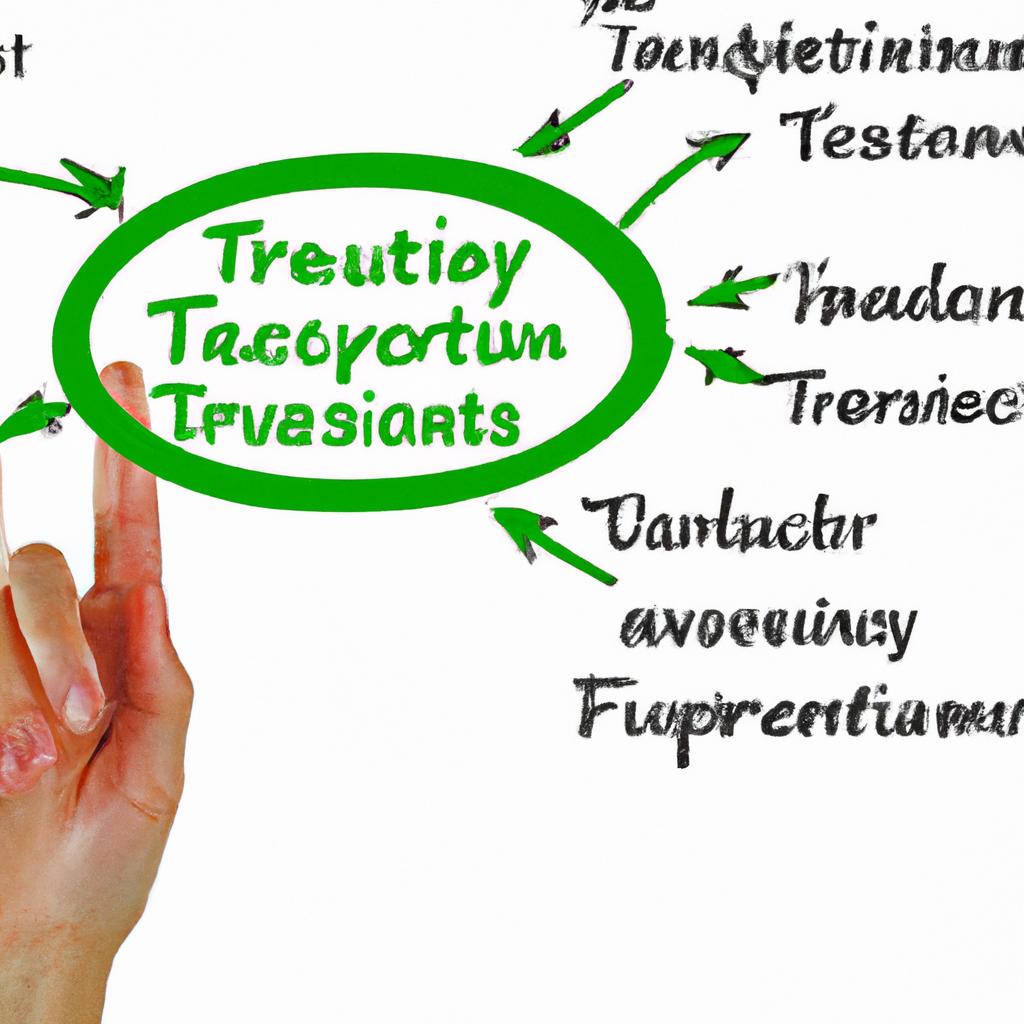As esteemed practitioners in the field of estate planning at Morgan Legal Group in New York City, we frequently encounter the question of when a trust comes into effect. Understanding the intricacies of trust establishment and activation is vital in ensuring the seamless transfer of assets in accordance with the wishes of the grantor. In this article, we delve into the nuances of trust activation, exploring the key factors that determine when a trust becomes operational.
Key Elements of Trust Activation
Trust activation occurs when all key elements are met, ensuring that the trust is legally effective and ready to serve its intended purpose. The primary components that must be in place for a trust to go into effect include:
- Properly executed trust document
- Identifiable trustee(s)
- Trust property or assets
- Designated beneficiaries
Each of these elements plays a crucial role in activating the trust and ensuring that it operates in accordance with the wishes of the trust creator. Without all key components in place, a trust may not be legally enforceable or may not function as intended. It is essential to work with experienced legal professionals, such as the team at Morgan Legal Group, to ensure that your trust is correctly activated and structured to meet your specific needs and goals. Trust activation is a crucial step in the estate planning process, and getting it right from the start can provide peace of mind and security for you and your loved ones for years to come. Trust activation is not a one-size-fits-all process, and the specific requirements may vary based on the type of trust, the jurisdiction in which it is established, and the unique circumstances of the trust creator. By working with knowledgeable legal professionals, you can ensure that all are properly addressed and that your trust is set up to achieve your desired outcomes. Trust activation is a foundational step in establishing a secure and effective estate plan, and it is essential to approach this process with careful consideration and attention to detail.
Understanding Trust Terms and Conditions
Creating a trust involves establishing the terms and conditions that govern how the trust will operate. These terms typically outline the responsibilities of the trustee, the beneficiaries, and the specifics of how the trust assets will be managed and distributed. Before a trust can go into effect, certain conditions must be met:
- Legal Capacity: The person creating the trust (the grantor) must have the legal capacity to do so, meaning they are of sound mind and over the age of 18.
- Transfer of Assets: The trust must be funded, meaning that assets are transferred into the trust’s name. This can include real estate, investments, bank accounts, and other types of property.
- Specific Event: Some trusts may specify a particular event that triggers their activation, such as the death of the grantor or reaching a certain age by the beneficiaries.
| Term | Definition |
|---|---|
| Grantor | The person who creates the trust and transfers assets into it. |
| Trustee | The person or entity responsible for managing and overseeing the trust’s assets. |
| Beneficiaries | Those who will benefit from the assets held in the trust, as outlined by the trust’s terms. |

Factors Influencing Trust Implementation
include the type of trust created, the beneficiaries involved, and the specific terms outlined in the trust document. It is important to understand that a trust does not automatically go into effect upon creation. Rather, certain conditions must be met for the trust to become operational.
One key factor that influences when a trust goes into effect is whether it is a revocable or irrevocable trust. A revocable trust typically goes into effect immediately upon creation, allowing the trust creator to make changes or revoke the trust as they see fit. On the other hand, an irrevocable trust usually requires certain triggering events to occur, such as the death of the trust creator, for the trust to become operational. Additionally, the involvement of multiple beneficiaries may also play a role in determining when a trust goes into effect, as distributions and other trust provisions may be contingent upon certain conditions being met.
Expert Guidance on Establishing Trust Activation
When establishing a trust, it is important to understand when it goes into effect. A trust typically goes into effect immediately upon creation, but this can vary depending on the type of trust and the specific terms outlined in the trust document. Here are some key considerations to keep in mind:
- Revocable Trust: In the case of a revocable trust, the trust goes into effect as soon as it is created and funded. The person creating the trust (the grantor) retains control over the assets and can make changes or revoke the trust at any time.
- Irrevocable Trust: On the other hand, an irrevocable trust goes into effect as soon as it is created and funded, but the grantor gives up control over the assets. Changes to an irrevocable trust are typically more difficult to make.
Q&A
Q: When does a trust go into effect?
A: A trust typically goes into effect as soon as it is created and all necessary legal paperwork is signed and executed.
Q: What factors can determine when a trust goes into effect?
A: The specific terms outlined in the trust document, such as the triggering event or the age of the beneficiary, can dictate when the trust becomes active.
Q: Can a trust go into effect while the grantor is still alive?
A: Yes, a revocable trust can go into effect while the grantor is still living, allowing them to manage their assets and designate how they will be distributed upon their death.
Q: Are there different types of trusts that have varying timelines for going into effect?
A: Yes, there are different types of trusts, such as irrevocable trusts or testamentary trusts, that may have different conditions for when they go into effect based on the specific intentions of the grantor.
Q: Can a trust be modified after it has gone into effect?
A: Depending on the type of trust and the provisions in the trust document, it may be possible to modify a trust after it has gone into effect through a process such as a trust amendment or restatement.
To Wrap It Up
In conclusion, understanding when a trust goes into effect is crucial for both grantors and beneficiaries to ensure a smooth transition of assets and protection of their interests. By following the guidelines outlined in this article, you can navigate the complexities of trust creation with confidence and clarity. Remember, consulting with a legal professional can provide personalized advice and guidance tailored to your unique situation. Thank you for reading, and may your trust journey be filled with peace and prosperity.







